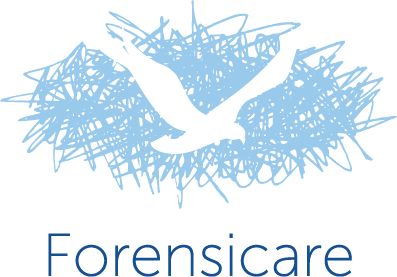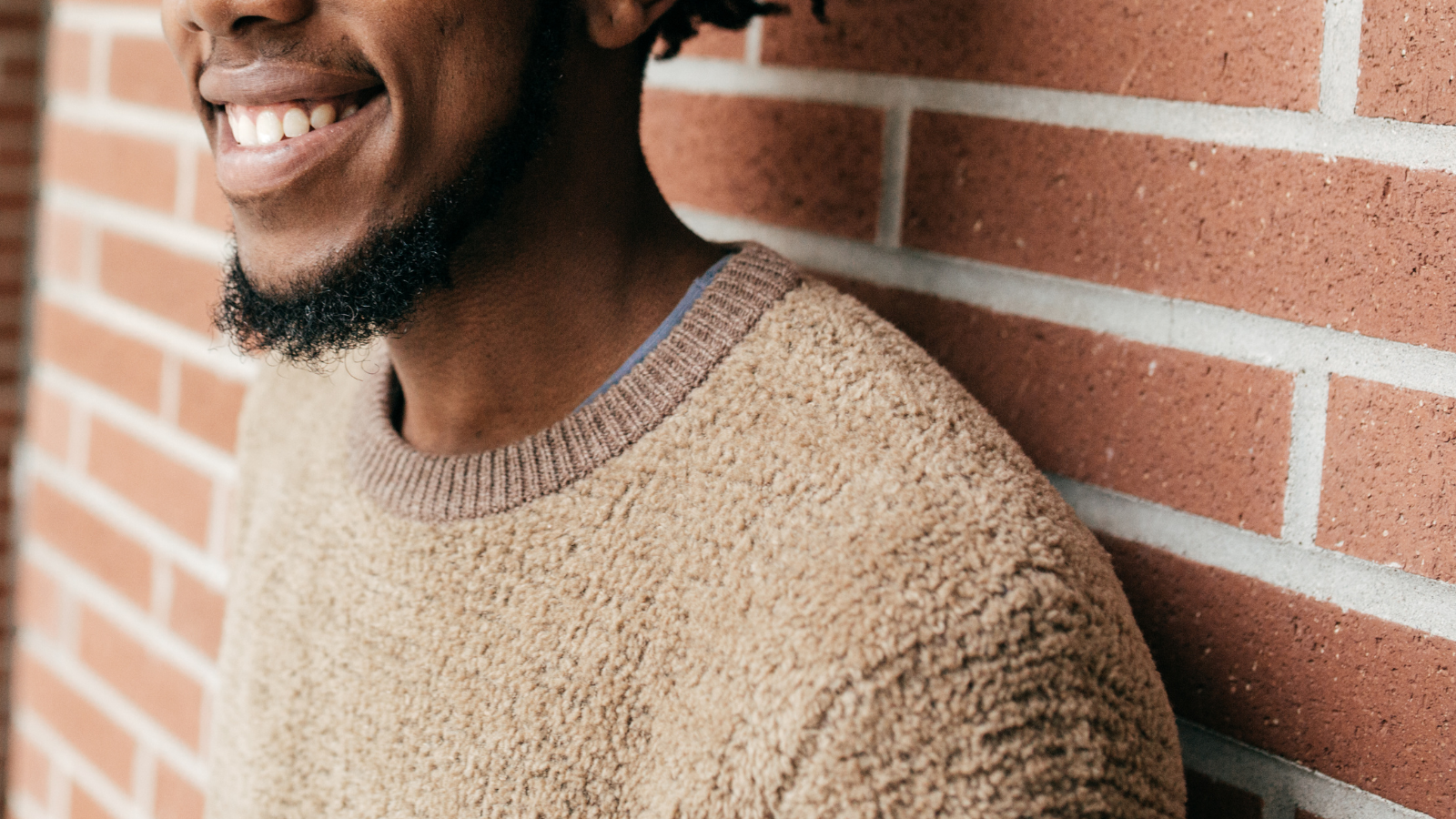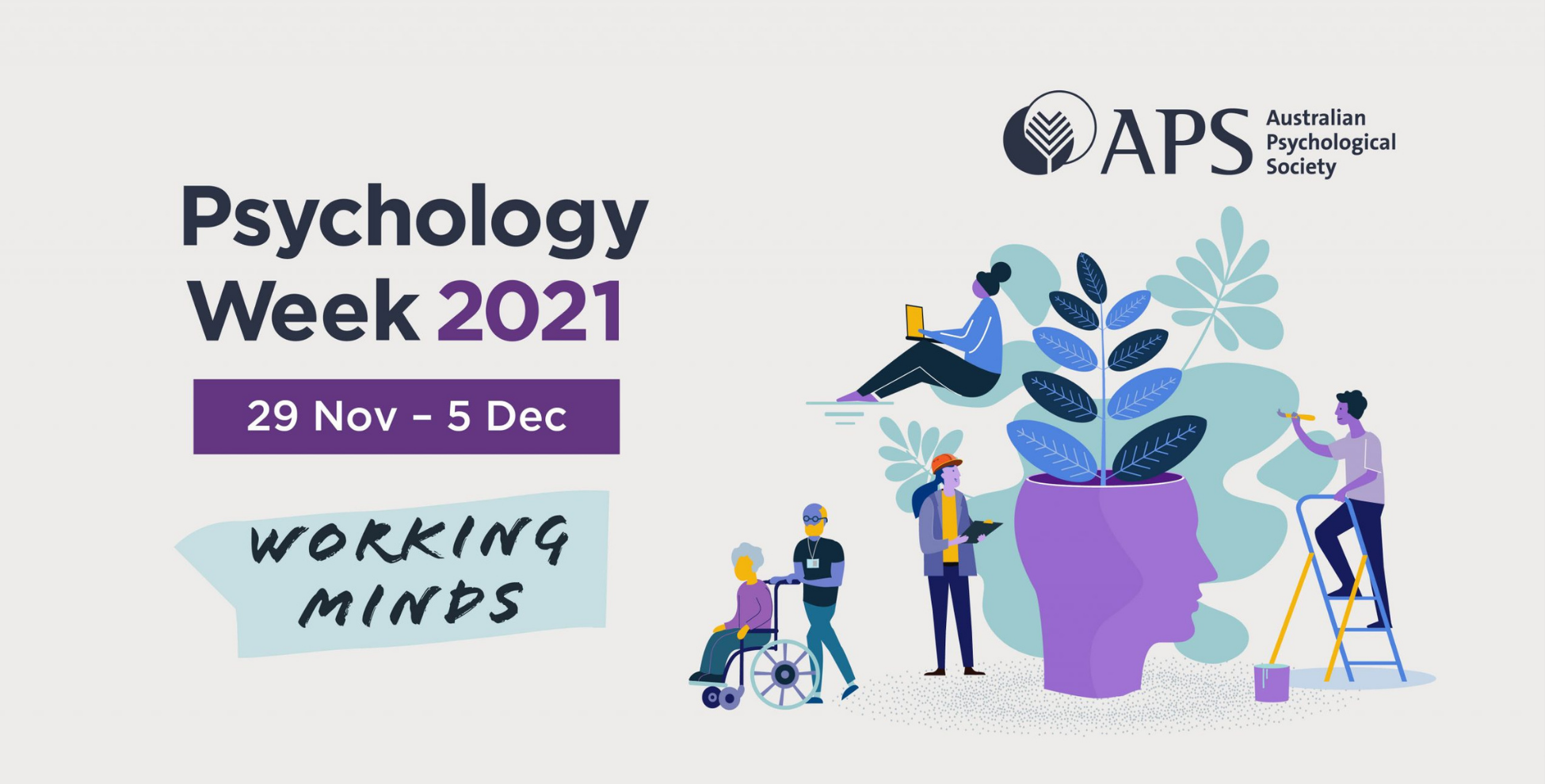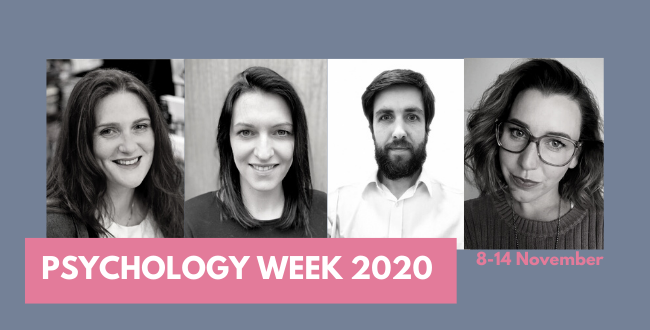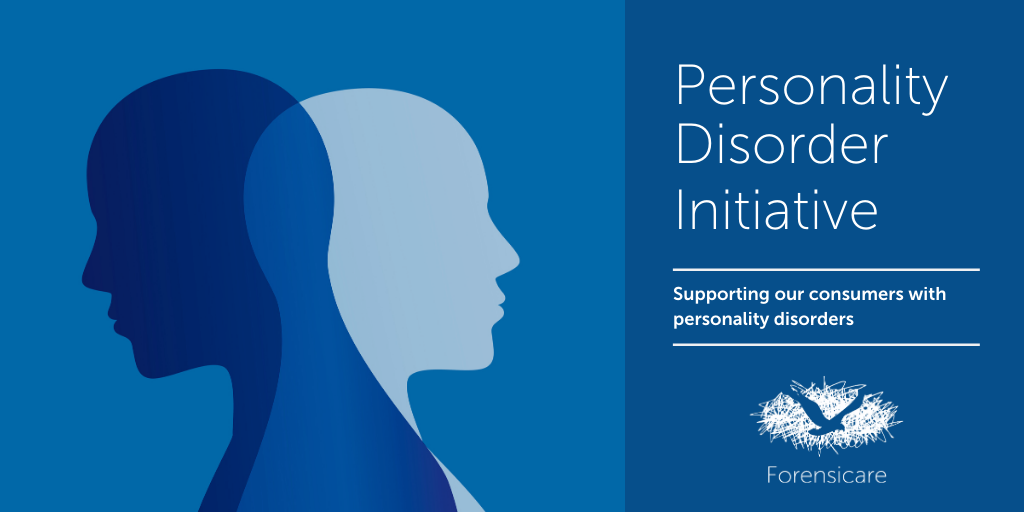Revitalised Moroka Program to support prisoners with complex and challenging behaviours
Some may wonder what attracts people to work in a prison setting. Especially when it involves working with prisoners with difficult behaviours that are very hard to manage.
One of these people is Amber Fougere. She is a psychologist who manages the Moroka Program within Forensicare’s forensic mental health service, Ballerrt Yeram-boo-ee, at Ravenhall Correctional Centre.
“What attracts me to working here is the capacity we have to make a real impact. We have the opportunity to work with people who have often struggled for a long time and have had challenges accessing the support they need. Being able to provide that support is so meaningful,” says Amber.
More on the Moroka program
The Moroka Program provides specialist mental health care, treatment and programs to prisoners with repetitive and entrenched complex and challenging behaviours associated with mental illness, predominately personality disorder.
The program is led by a multidisciplinary team of Forensicare staff, including psychologists, psychiatrists, nurses, social workers and occupational therapists. It operates from a Dialectical Behaviour Therapy (DBT) framework, with training, supervision and support provided to staff.
The team works with prisoners to reduce the occurrence, severity, and impact of these behaviours to support their safety and journey to recovery. By helping these individuals, the program also reduces the impact their negative behaviours have on correctional staff and other prisoners, as well as the broader community once they are released.
What do we mean by “complex and challenging” behaviours?
The program defines these terms in the following way:
- Complex – the reasons behind the behaviour are difficult to understand
- Challenging – people find the behaviour hard to accept and/or manage.
The behaviours often violate social and behavioural norms and can be so intense, frequent, or long-standing that it poses a risk to the individual, as well as other prisoners and staff. Often it causes serious disruption within the prison leading them to be managed in a way that is restrictive to their freedom.
For example, most prisoners who have participated in the program have had a combination of behaviours relating to self-harm, suicide, aggression, or violence.
“It’s important to emphasise that the behaviours are a product of many different factors, including mental illness, past traumatic experiences, and the social environments people grew up and spent time in; they are not simply the result of them being a “difficult” person,” explains Amber.
“Ultimately, these behaviours diminish their quality of life and can contribute to them being in the justice system for longer. But with some treatment and support, we can help them to have safer and more meaningful lives.”
If prisoners meet the criteria and are willing to participate, they join the program for 3 months and can receive up to 3 additional months of support before or after an admission depending on their needs.
The impact of the program on participants
Tara Young is a mental health nurse who has worked with the program for 4 years. “It’s a stressful and challenging role and environment, however, it’s also very rewarding to see the progress of a patient over time, and the realisation that we can make a difference.”
One past Moroka participant shared, “It really helped me to problem solve situations, slow things down and re-evaluate the situation. I had a family loss recently and the skills I learnt on Moroka helped me to manage the loss without resorting to past harmful behaviours”.
Another past Moroka participant shared, “Prior to Moroka I was disconnected from others, untrusting and I didn’t believe in therapy. Now my thoughts towards treatment have changed. I felt listened to and heard and I have continued to engage in therapy since leaving Moroka and now see it as a positive.”
Recent changes to the program
In early 2020, a review of the program was completed which made a range of recommendations to better tailor the program for participants and ensure it was being guided by best practice. While the review was being undertaken, the pandemic hit, and the unit was repurposed into a quarantine unit for people arriving at the prison.
“While unfortunate, it has given us more time to really comprehensively evaluate the program and make decisions about how it will be run in the future,” Amber explains.
At the moment the team is working with prisoners across the correctional system to assess and support them to be ready for the program when it recommences. They are also conducting training with staff in the correctional system so that they can also support behaviour change with prisoners when they are not on the designated forensic mental health unit.
“We can’t wait to reopen, because when we do it’s going to be a really exciting time for the Moroka Program.”
